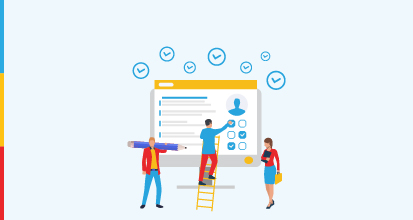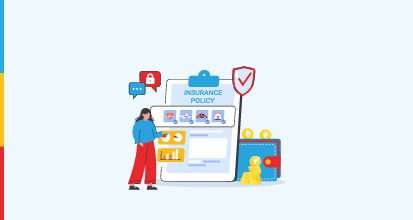- Health Savings Account (HSA): A tax-advantaged account that allows employees save money for medical expenses.
- Supplemental Life Insurance: This is additional life coverage that employees can purchase through their employer in addition to basic life insurance.
- Employee Assistance Programme: It is a workplace benefit that provides employees with access to confidential support services.
- Open Enrollment: It is a specific time frame when employees can review and make changes to their workplace benefits.
- Bonus Plans: These are compensation schemes provided by employers to reward employees for good performance or company profits.
2025-06-30
324 Views
7 minutes read
Share










